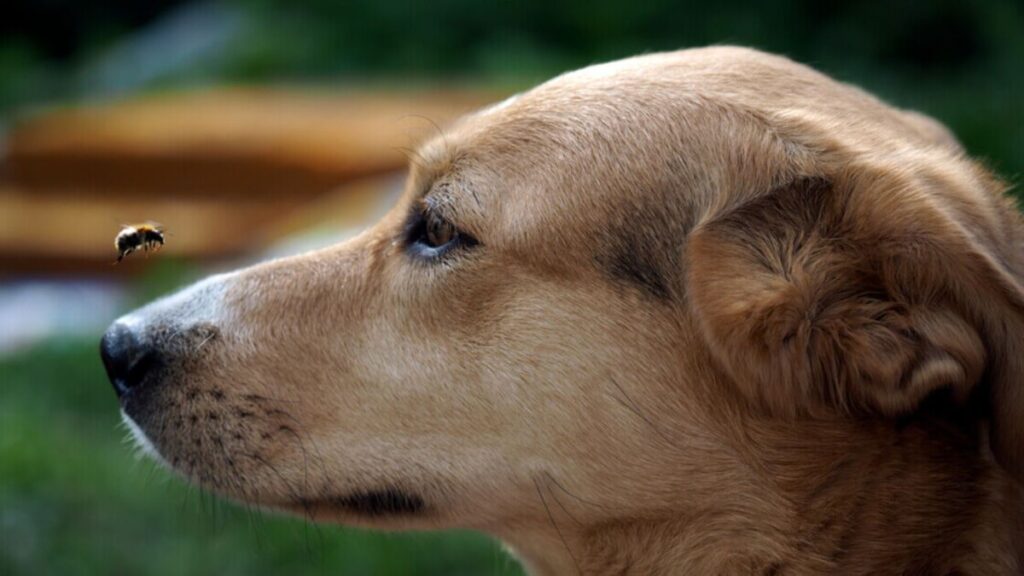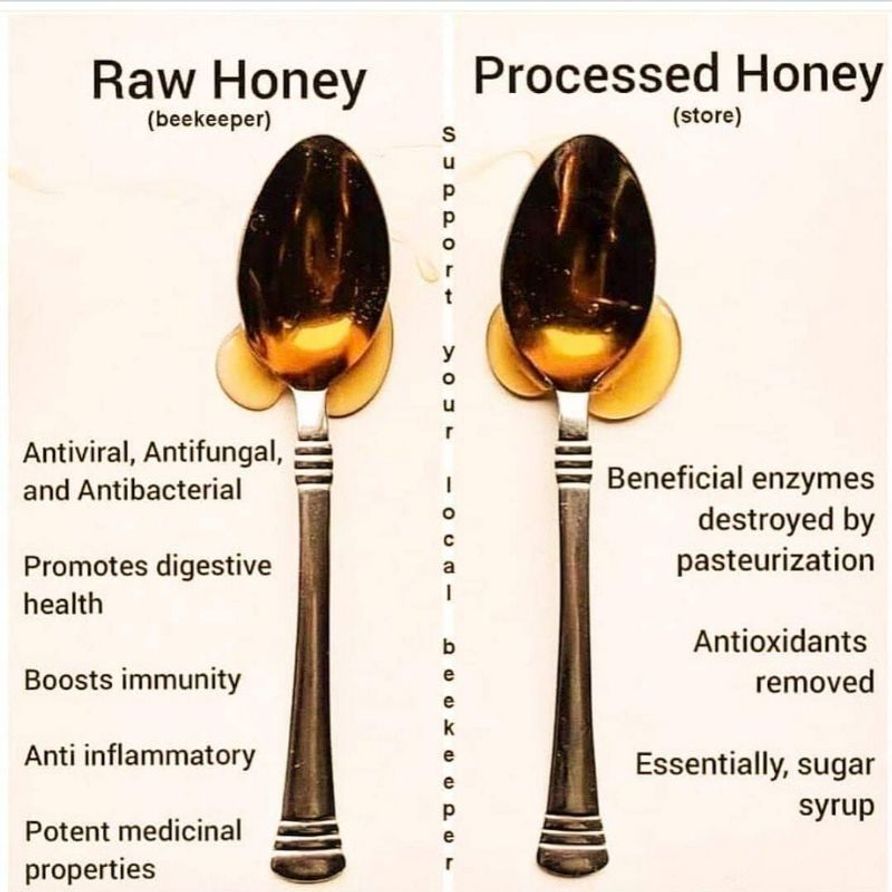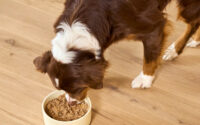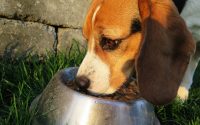Can Dogs Eat Honey? Pros and Cons of Honey for Dogs
Can dogs eat Honey, is a very common concern of all dog owners. Well, it’s safe to say that Honey tastes good and has been used for centuries as a natural cure for many illnesses and as a sweetener. But is it safe for your dog? A little honey never hurts, but a significant amount will!
It is also commonly true that your dog will love the taste of Honey as it is sweet and will work as a treat for them, yet it is not too sweet and will like the mildness of it. If your dog loves Honey, you will understand it by their body language and behaviour and if they don’t you will appreciate it too as they might try it once but never again. Most dogs have proved to love Honey’s taste, but is their body functioning also going to love it, read below to know!

What does Honey contain?
Table of Contents
As we know that Honey is a source of natural sugars that contain antioxidant compounds, multiple vitamins including Vitamin B6 and Vitamin C. It contains many beneficial minerals i.e. calcium, iron and zinc. Honey also consists of folic acid and niacin. So, to answer the question above, dogs can eat Honey but the quantity should controlled and moderate.
Benefits of Honey for your dog:
Honey contains antifungal and antimicrobial properties, it will help reduce inflammation, different sorts of allergies and stomach ulcers in dogs.
Some dog owners often keep a separate honey pot for their dog for regular honey intake but to make sure that the amount and kind of Honey provided to your dog is safe, it is very important to follow the guidelines that extra Honey can also lead to obesity.
- It has been used and observed for ages that Honey acts as an antibacterial and disinfectant when applied to cuts, bites and other wounds. After applying Honey to the injury, cover it with a bandage so that your dog cannot lick and remove it.
- It will help improve the growth of new skin and clotting as well as prevent any sort of bacterial infection.
- It is believed that a layer of Honey onto the wound creates barriers between the wound and outside so that it gets its required time to heal without coming in contact with anything else. This is not scientifically proven but has worked for many dog owners.
Also, it is important to remember that this will only work for minor wounds and bites. If your dog has been through a major accident, do not waste time applying Honey and rushing them to the veterinarian.
It has also been believed to help with gastrointestinal problems, including indigestion, diarrhoea and constipation in dogs. To make this work, you must give this a short trial with a very small amount of Honey added to your dog’s meal. This will prevent any risk factor as the amount is very less and slowly express if it is making any positive change to their condition.
For dogs, Honey can also work as a natural source of energy.
How much Honey can dogs eat?
Honey is completely safe for your dog if given in very low quantity (sometimes). It is not necessarily to be added as a part of their daily diet because that will be an excessive amount, but a small amount of Honey sometimes will prove to be a health benefit for them.
Difference between raw Honey and processed Honey:
Raw Honey is pure and is either filtered or unfiltered, both ways, it contains all the natural antioxidants and other minerals. Processed Honey goes through a lot of processing and might lose its natural benefits in the process. It also may contain added sugar.
Raw Honey is comparatively more beneficial for your dog or humans than the regular Honey available in the markets.
Some people use processed Honey as a sweetener supplement, but that does not work for dogs. In your dog’s case, you only want to feed them Honey to make use of its antioxidants and other benefits because sugar is of no use for them.
Take notes that raw Honey must not be fed to puppies and dogs with a weak immune system as it may contain too strong elements for their body system and cause serious health problems, including constipation.

Is Honey a good remedy for kennel cough in dogs?
For years humans have trusted Honey to be the best remedy for a lot of health issues. Many people use it to soothe their cough etc.
Some pet owners have also used Honey as a DIY remedy for kennel cough in dogs which a respiratory infection. While there is no scientific data to prove it, it has been observed to bring in a lot of smoothness in the cases of kennel cough. It makes their respiratory track, less itchy and makes their condition way better. While it will not kill the disease entirely and solve the issue, it will provide them with a short relief from coughing and a break to their lungs.
Precautions for feeding Honey to your dog:
- It is important to understand that an excessive amount of Honey can make your dog obese and lazy. Excessive use of Honey will lead to tooth decay (before its due time), blood sugar imbalance and weight gain.
- While using any natural remedy, it is highly important to understand that only the right amount will provide benefits otherwise the same food will rather cause health issues in your dog.
- It is important to brush your dog’s teeth after feeding them Honey so that their teeth do not decay early.
- If your dog has diabetes, it is very important to speak to your veterinarian if Honey can be fed to your dog or not and if yes, in what amount.
Is eating Honey deadly for dogs?
No. Honey is not deadly for dogs, but it can cause various health issues that will compromise their quality of life and years to live if given in a large amount regularly.
Conclusion
It is highly important to consult your veterinarian before making any significant addition or change to your dog’s diet. It is also equally important to design a balanced diet that works well for their age, breed and size.



